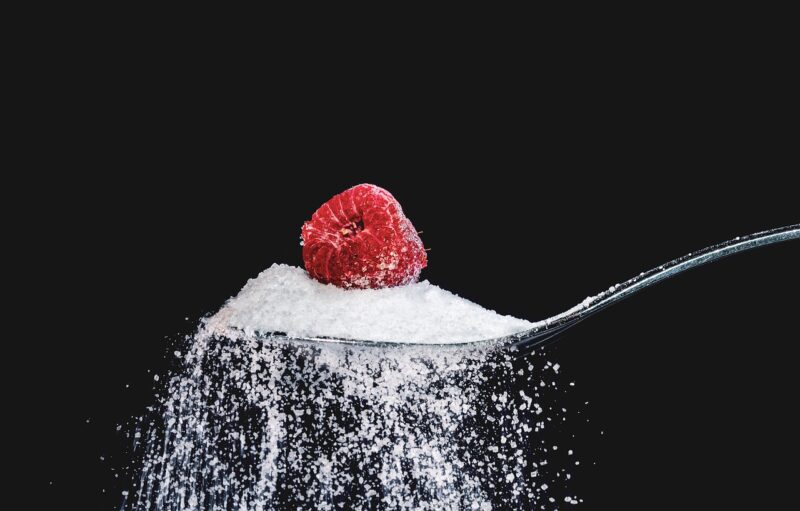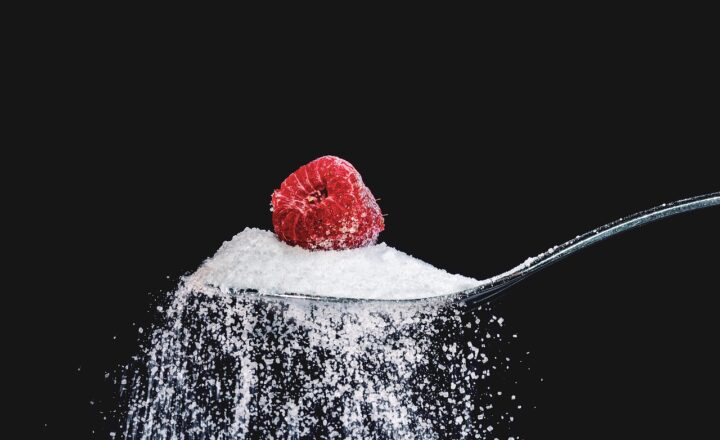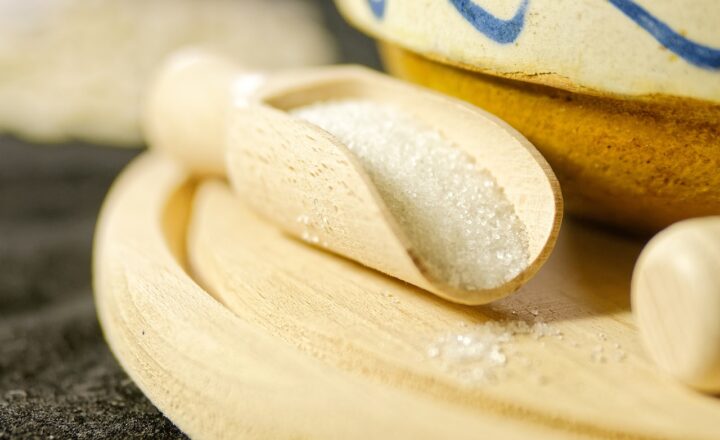Sugar Substitutes: From Stevia to Erythritol—Which Ones Are Best for You?
November 12, 2024

In a world increasingly conscious of health and nutrition, sugar substitutes have surged in popularity. They promise the sweetness you crave without the calories, and as more people strive to reduce their sugar intake, the market is flooded with options. Among them are well-known names like Stevia and lesser-known alternatives like Erythritol, each with its unique characteristics and benefits. This article delves into the landscape of sugar substitutes, comparing their pros and cons to help you determine which ones may be best suited for your diet.
1. Understanding Sugar Substitutes
Sugar substitutes are compounds that mimic the sweetness of regular sugar but often with fewer calories and a lower impact on blood glucose levels. They can be broadly categorized into two groups: artificial sweeteners and natural sweeteners.
Artificial Sweeteners: These are synthetic substances designed to be sweeter than sugar. Examples include Aspartame, Sucralose, and Saccharin. They provide sweetness without calories, making them popular among those on calorie-restricted diets.
Natural Sweeteners: These come from natural sources and include Stevia, Monk Fruit, and Erythritol. They often contain fewer calories than sugar and are less processed, appealing to those looking for a more natural option.
Understanding their sources and how they are made can significantly influence your decision about which to choose.
2. Popular Sugar Substitutes
Let’s take a closer look at some of the most popular sugar substitutes available today:
2.1 Stevia
Derived from the leaves of the Stevia rebaudiana plant, Stevia is a natural sweetener that is 50 to 300 times sweeter than sugar. It contains no calories and doesn’t raise blood sugar levels, making it an excellent option for those with diabetes or those looking to lose weight.
Pros:
* Zero calories
* Natural source
* Low glycemic index
Cons:
* May have a bitter aftertaste in some products
* Some blends include added sugars or fillers
2.2 Erythritol
Erythritol is a sugar alcohol found in fruits like grapes and pears and is about 60-80% as sweet as sugar. It has about 0.24 calories per gram and does not cause a significant increase in blood sugar or insulin levels.
Pros:
* Fewer calories than sugar
* No effect on blood sugar
* Rarely causes digestive issues compared to other sugar alcohols
Cons:
* Less sweet than sugar, requiring larger amounts for the same sweetness
* Costs more than regular sugar
2.3 Monk Fruit
Monk fruit extract is derived from the monk fruit, a small round fruit grown in Southeast Asia. It is calorie-free and about 100-250 times sweeter than sugar. Monk fruit contains mogrosides, which contribute to its sweetness.
Pros:
* No calories
* Natural sweetener
* Antioxidant properties
Cons:
* More expensive compared to other alternatives
* Limited availability in some areas
2.4 Aspartame
Aspartame is one of the most commonly used artificial sweeteners and is found in many diet sodas and low-calorie meals. It is approximately 200 times sweeter than sugar while containing virtually no calories.
Pros:
* Low-calorie options
* Widely used and easily available
Cons:
* Potential for bitterness in high amounts
* Not suitable for people with phenylketonuria (PKU), a rare genetic disorder
3. Health Impacts of Sugar Substitutes
While sugar substitutes can be beneficial in controlling sugar intake and managing weight, it’s essential to consider their impact on overall health. Here are some critical points to think about:
Weight Management*: Many people use sugar substitutes to reduce caloric intake, which can help with weight loss. However, some studies suggest that consuming sweeteners can increase cravings for sugary foods, potentially undermining weight-loss efforts in the long run.
Gut Health*: Sugar alcohols like Erythritol can affect digestion. While Erythritol is generally well tolerated, other sugar alcohols may cause gastrointestinal distress in some individuals, particularly when consumed in large amounts.
Blood Sugar Levels*: For diabetics, selecting sweeteners that do not spike blood sugar is critical. Natural substitutes like Stevia and Monk Fruit are excellent choices.
Tooth Health*: Sugar substitutes do not contribute to tooth decay, making them a preferable option compared to regular sugar.
4. Choosing the Right Sugar Substitute for You
Choosing the best sugar substitute often depends on personal goals and dietary needs. Here are some tips:
Consider Taste*: Flavor varies considerably among substitutes. For instance, Stevia can have a bitter aftertaste, while Erythritol tends to have a cleaner taste. It’s best to try a few to see which you prefer.
Evaluate Uses*: Not all sweeteners work well in cooking and baking. For example, Erythritol can crystallize and may not be suitable for recipes where texture is crucial. Conversely, Stevia works well for sweetening beverages.
Look for Natural Options*: If minimizing processing is a priority, opt for natural sweeteners like Stevia, Monk Fruit, or Erythritol over artificial sweeteners.
Check Labels*: Many products include a blend of sweeteners. Always read the label to know what you’re consuming and ensure it meets your dietary preferences.
5. Conclusion
With various sugar substitutes available, it’s essential to choose one that fits your health goals and taste preferences. Whether you opt for natural choices like Stevia or Monk Fruit or gravitate towards sugar alcohols like Erythritol, understanding the benefits and limitations of these alternatives will empower you to make the best decisions for your health. Remember, moderation is key, and though these sweeteners can help you cut calories, developing a balanced diet rich in whole foods remains vital for overall health and well-being.
As with any dietary change, consulting a healthcare provider or nutritionist can offer personalized advice tailored to your individual needs. Start exploring these sugar substitutes today, and find the best fit for your lifestyle!








